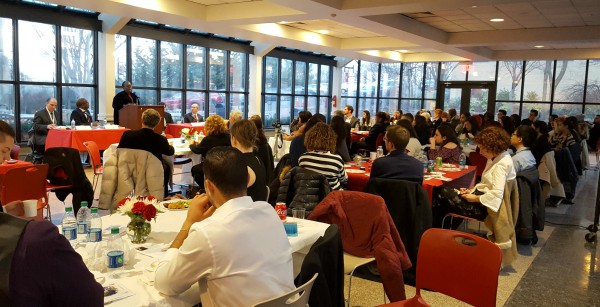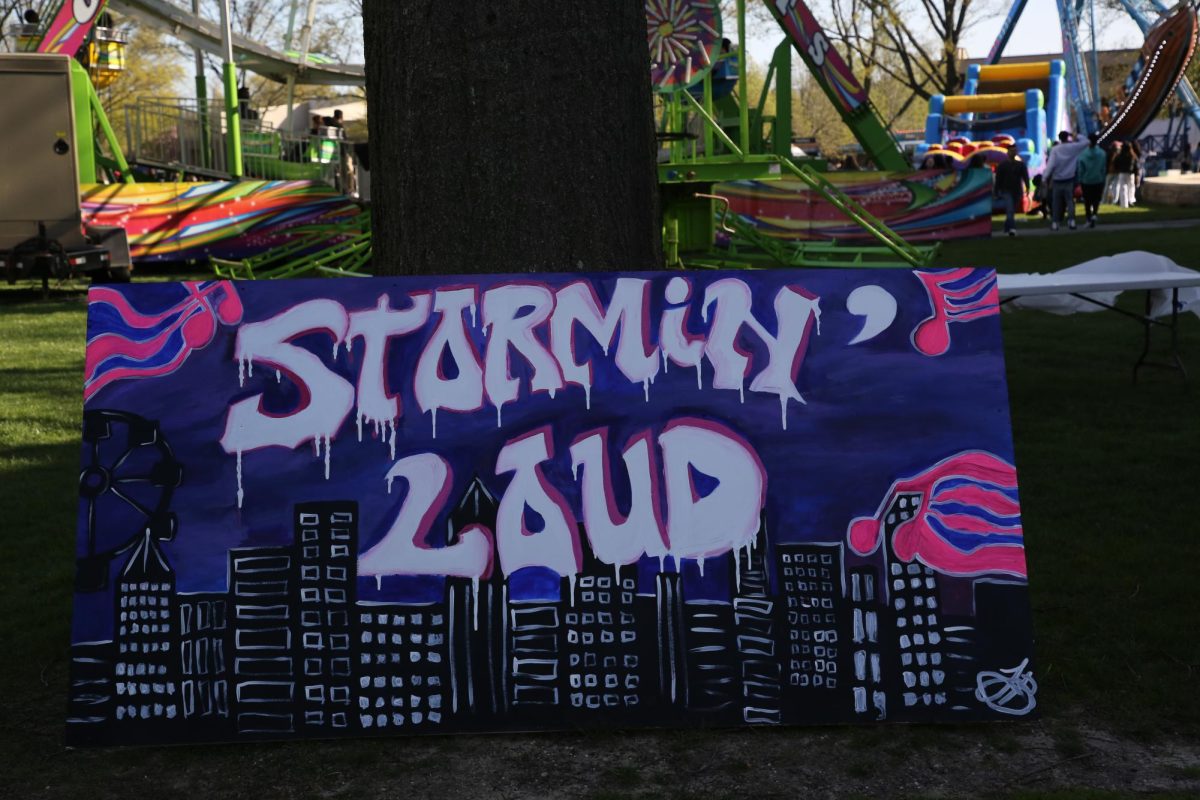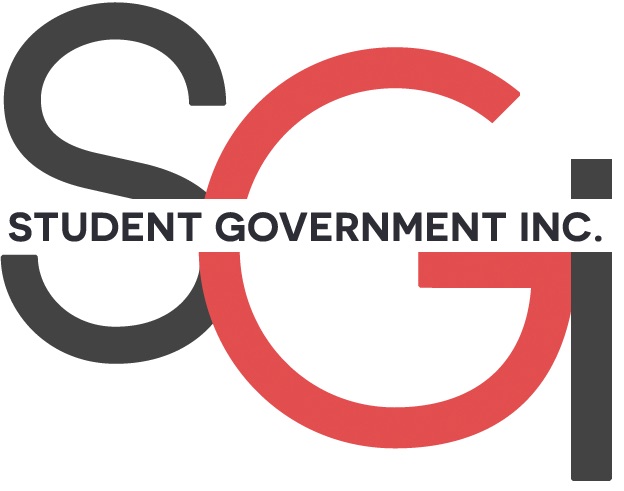The Global Peace and Security Dinner, an interactive panel discussion about peacemaking and peacebuilding around the world, took place on Monday, March 13 in Marillac Terrace.
The event was hosted by the College of Liberal Arts and Sciences along with the United Nations Associations of the United States of America SJU chapter, the Department of Government and Politics, TANENBAUM: Combating Religious Prejudices and Career Services.
Over 40 people composed of faculty and students filled the space. The event provided those in attendance with a platform to network with keynote speakers, to know more about their backgrounds, career paths and their respective point of views on today’s peace and security issues.
“I feel that St. John’s should host more events like this,” Isaac Chero, a St. John’s alumnus, said. “To have the opportunity to hear from people who have made a difference in the world, I personally feel is incredible.”
Another student who found this event intriguing and educational was Natalie Chacon, a junior majoring in legal studies.
“The speakers were amazing!” Chacon said smiling. “I was glued on my seat hearing discussions.”
It began with opening remarks by Lenora Kinchen, director of employers’ relations at St. John’s University and former United Nations peacekeeper in Sudan and program coordinator. It was followed by a program overview on what is peacemaking and peacebuilding led by Dr. Fred Cocozelli, an associated professor of Government and Politics at St. John’s.
Cocozelli then introduced the keynote speaker, Honorable Nozizwe Madlala-Routledge, a peacemaker in South Africa.
Madlala-Routledge talked about how she grew up over a time of heavy oppression in her country, as well as her involvement as an advocate and activist while helping draft South Africa’s historic post-apartheid constitution.
Following Madlala-Routledge’s keynote speech, a panel discussion took place. Among the panel speakers were Mandlala-Routledge; Mark Fowler, deputy chief executive officer and mediation and conflict resolution specialist; George S. Anthony, United Nations New York representative and educator of young leaders and Dr. Saliba Sarsar, professor of Political Science at Monmouth University and expert in Palestinian & Israeli relations.
The panel concluded with a questions and answer session and closing remarks.
The Program Coordinator, Lenora Kinchen, said in an email that the purpose of the event was “to expose students to a deeper understanding of peacemaking and peacebuilding [and] how to engage in the peacemaking process.”
Kinchen’s experiences serving as a United Nations Peacekeeper in Sudan during the historical election period inspired her to bring this program to the University.
“[I hope students obtained] the knowledge and tools to engage in the peacemaking process and to explore career paths that lead to promoting peace such as conflict resolution and related vocations,” Kinchen said. “Students can take this knowledge into their communities and take part in creating a better future for all.”








